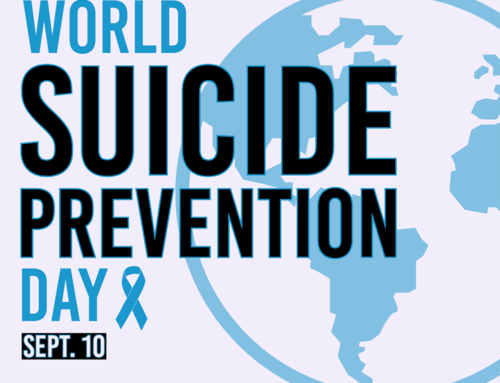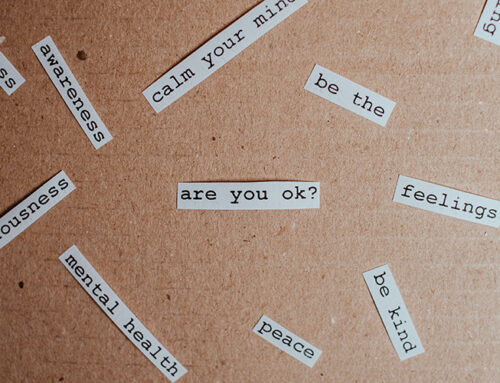In keeping with SAMHIN’s mission of greater dialogue on mental health in the South Asian community and to highlight the important work of others in this area, we invited Vennela Challagondla, an aspiring physician, to share what works for her in coping with life’s everyday challenges.
Life can feel like a continuous marathon, working towards our goals or aspirations. We meet one and already have the next checkpoint in mind. Without knowing it, we tend to cause stress on our bodies and minds that negatively impact our mental well-being and physical health. Numerous studies have even linked continuous and constant stress to heart disease, sleep changes, and appetite problems.
It can be in our human nature to try to deflect, deny, and push our problems to the back of our minds instead of working to reason through them. It is important to understand that stress might seem like a temporary feeling, but it can soon overwhelm other aspects of our lives and impact our relationships, communication, and motivation. Through my journey as a college student during the pandemic, I found myself becoming overwhelmed and anxious at the smallest tasks and realized that I was allowing myself to fall into a pattern of becoming stressed at each and every turn. Over time, I found a few practices that allowed me to tackle each assignment and task with an open mind and renewed energy to allow myself to succeed.
Mindset
The first step in working to accept that something is not going according to our plan and expectations is to work on changing our mindset. Staying positive might sound redundant but it truly helps in allowing us to lower our stress levels and stay calm in any situation that may arise.
Refresh
I found that I was becoming glued to my computer and phone throughout the day, even when I didn’t have to be. By allowing myself to become consumed in my work and assignments, I was increasing my stress because I was always thinking about what I could be working on next. I recommend “unplugging” for at least an hour every day if possible. This helps to refresh our minds from staring at screens and escape from the realm of work.
Meditation/Exercise
De-stressing looks different for everyone. I found that meditation allows me to practice breathing exercises that help to calm my nerves and anxiousness during stressful times. For others, running, yoga, and other forms of activity can help to relax their mind and body. Even if it is only for a couple of days a week, this helps me to remain grounded.
The first step in working to be stress-free is to accept that each obstacle thrown our way helps us become more resilient. Even if it seems daunting, chipping away little by little at each task can make it more manageable. It is extremely important to find ways to destress during our busy lives for our bodies to reset and our minds to remain healthy.
By Vennela Challagondla
SAMHIN Volunteer
I am a Master of Public Health student who is passionate about advocating for mental health awareness. I have a degree in neuroscience and minor in psychology and am an aspiring medical student.
I invite your comments. Please let us know what has worked for you in facing life’s hurdles.
Subscribe to SAMHIN blog to be notified when the next post is published.
Feature image by 1388843 from Pixabay







Leave A Comment